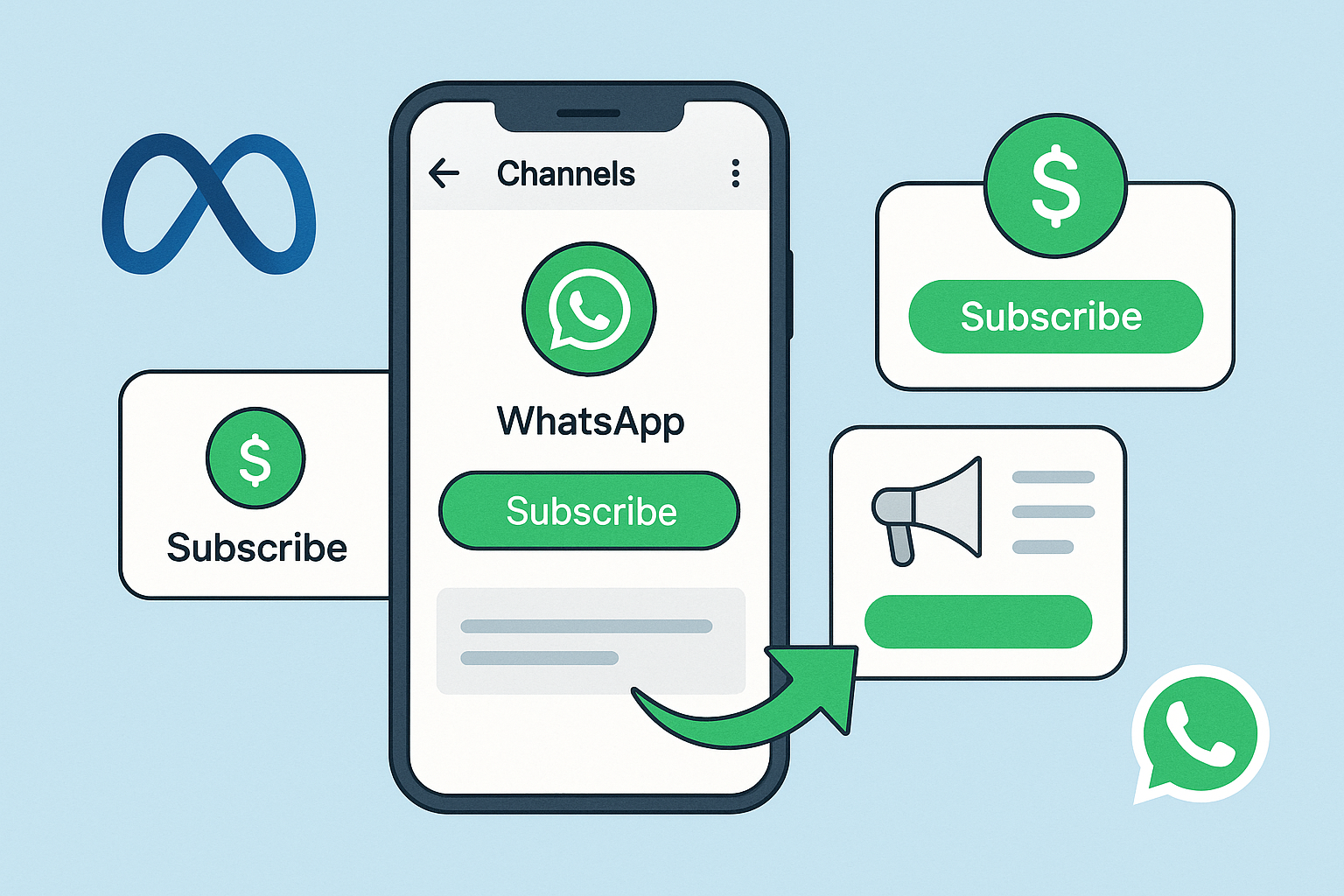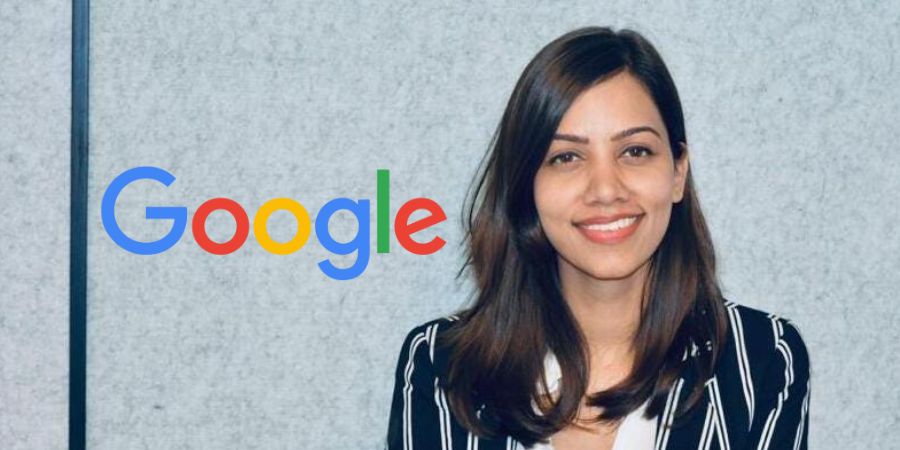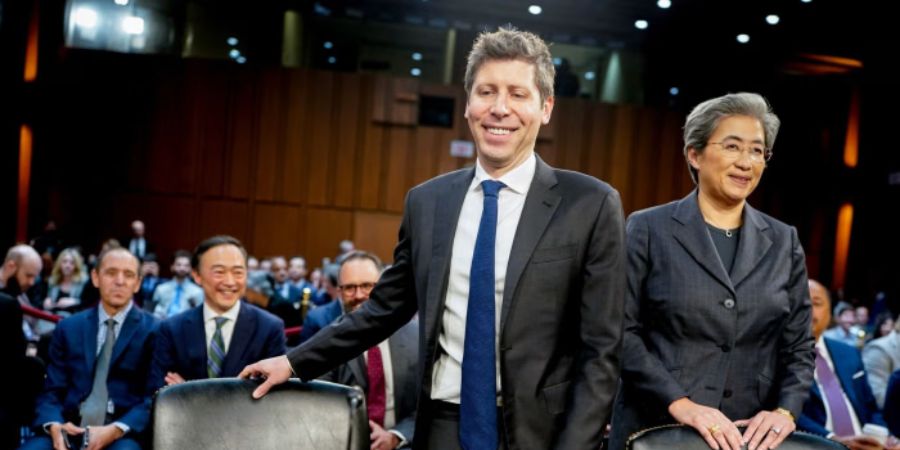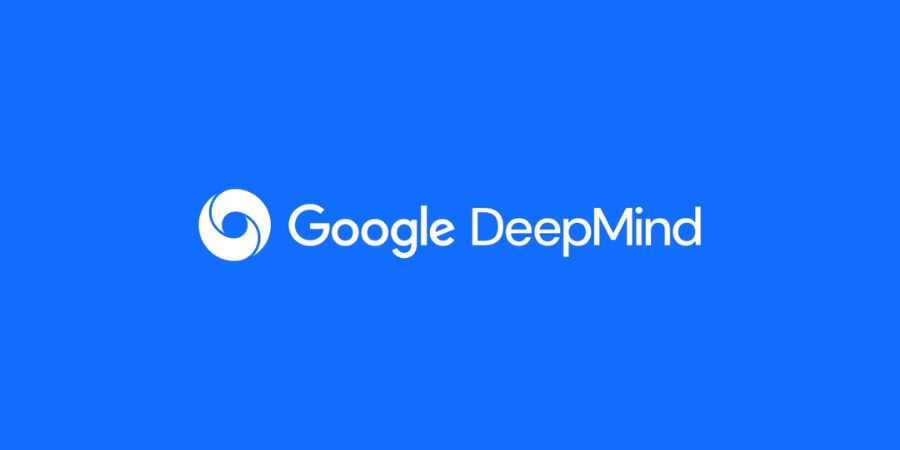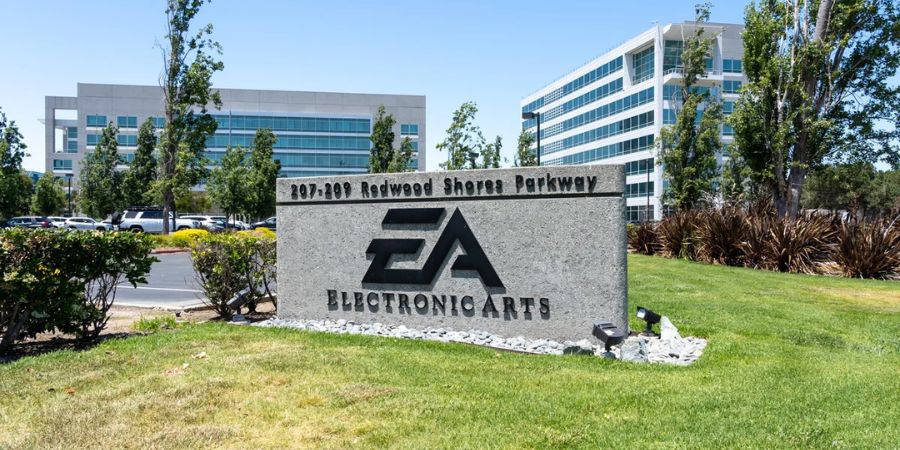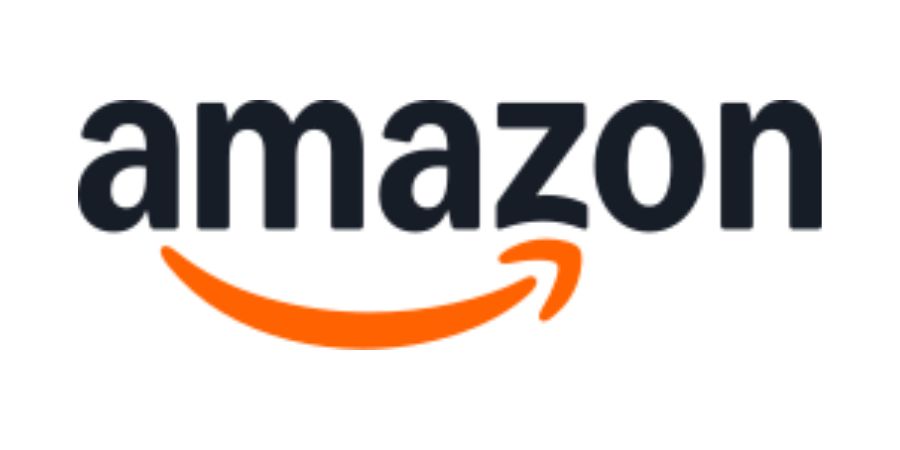Meta just shook things up in the world of messaging with a bold new move: rolling out WhatsApp Channel Subscriptions and Promoted Channels. These features aren’t just upgrades—they signal a shift in how influencers, brands, and everyday users will connect and engage through WhatsApp. Let’s dive into what this means, why it matters, and how it can change your digital experience.
What’s New: Channel Subscriptions on WhatsApp
Imagine following your favorite creator or brand directly inside WhatsApp—not just as a one-on-one chat, but as a channel where they push content, updates, and exclusive perks. Now imagine if some of those channels came with optional subscription fees or special content tiers. That’s exactly what Meta is testing.
With the new WhatsApp Channel Subscriptions, creators and brands can offer:
- Exclusive content (behind-the-scenes photos, videos, early announcements)
- Live Q&A sessions or group chats for subscribers
- Special badges or recognition within the channel
As a user, you’ll see a prompt to subscribe—think “Join Channel for ₹99/month”—and once you’re in, you’re part of an exclusive group receiving enhanced content and perks.
For creators, this presents a direct way to monetize. They can build a real fan community while maintaining the intimacy that WhatsApp offers.
What Are Promoted Channels?
Alongside subscriptions, Meta is rolling out Promoted Channels. Here, the idea is simple: channels can advertise themselves within WhatsApp. Whether it’s a brand launching a new product or a creator building buzz, these channels can pay to appear in recommendations or in the “Discover Channels” section.
This is a win-win:
- Users discover new, relevant channels more easily.
- Channel owners get exposure to wider, interest-based audiences.
- Meta taps into a new ad revenue stream without cluttering individual chats.
The thought is to keep things smooth and user-focused—no intrusive ads, just natural introductions to content you might care about.
Why This Matters
These changes go beyond just another feature. Here’s why this update is big news:
- Monetization Made Easy
Until now, WhatsApp was primarily a free messaging service. Brands had to pay for WhatsApp Business or third-party tools to sell or advertise. With subscription channels, creators can make money without leaving the app. - A More Content-Rich Ecosystem
WhatsApp isn’t just for chatting anymore—it’s becoming a content destination. Whether you’re subscribing to a fitness coach for daily workouts or following a brand for insider updates, WhatsApp is stepping up as a multimedia platform. - Stronger Content Control and Privacy
Unlike public social media, WhatsApp is encrypted and private. Channel Subscriptions give creators control over who sees their content—only paying members can access premium posts. - Better Visibility for Good Channels
Promoted Channels allow high-quality or growing works to get noticed without resorting to spammy link drops or asking users to follow somewhere else.
How It Works: A User’s Perspective
Imagine you open WhatsApp one morning and see a new section: “Channels” next to your chats. You click in and find:
- 👩🍳 DeliciousVeg: a cooking channel offering free daily recipes, plus a ₹199/month subscription for full video guided meals.
- 📈 TraderUpdates: a finance channel where subscription grants access to weekly live market analysis sessions.
- 🎵 AcousticJoy: promoted channel where a musician showcases new songs—there’s a tiered subscription for exclusive demos and chat access.
To subscribe:
- Tap “Join Channel”
- See the subscription price and perks
- Enter payment info
- Start receiving premium content directly in the channel feed
Everything stays in WhatsApp—you don’t need a separate platform or login.
A Creator/Brand’s View: Why It’s Useful
Say you’re a food blogger:
- Want to grow your following? Launch a Promoted Channel to reach cooking lovers.
- Want to make money from your content? Add a subscription tier.
- Want to strengthen your brand visibility? Keep consistent updates flowing, even during algorithm changes on other platforms.
No app-switching, no hassle. Just direct communication and revenue from loyal fans.
Security and Privacy: How They Handle It
WhatsApp is built on encryption, and Meta says Channel Subscriptions won’t change that. Here’s what they promise:
- End-to-end encryption for channel messages
- Data remains private between creator and subscriber
- No access to private user chats
- Meta doesn’t sell user data to advertisers
So, the conversations in channels stay secure, and your chat privacy isn’t affected.
Pitfalls and Considerations
While promising, new features always come with challenges:
- Content Depth: Creators need consistently strong content to justify subscriptions.
- Paywall Fatigue: Too many paid channels might overwhelm users.
- Subscription Management: Who handles billing, refunds, cancellations?
- Platform Fees: Will Meta take a cut, like other app stores? Details aren’t clear yet.
Meta will need to make this smooth for both subscribers and creators or brands.
Comparison: WhatsApp vs Other Platforms
Up to now, creators used:
- YouTube memberships for exclusive content
- Instagram Subscriptions for fan access
- Patreon outside mainstream apps
WhatsApp adds something unique:
- Personal: Feels like getting content from a friend
- Informal: Less polished, more real-life connection
- Encrypted: Trusted security
If Meta nails it, this could disrupt how subscription content works…
Final Thoughts
Meta’s launch of WhatsApp Channel Subscriptions and Promoted Channels marks a new chapter. As messaging shifts toward content delivery, WhatsApp is taking center stage. For creators and brands, it’s a way to share, connect, and earn—all in one place. For users, it’s about discovering and supporting exactly what matters, privately and directly.
These features are still rolling out, so details (like pricing and availability) may vary by region. Expect more updates soon, but the future looks bright: WhatsApp isn’t just a chat app anymore—it’s a personalized, content-rich experience, built for both discovery and community.

